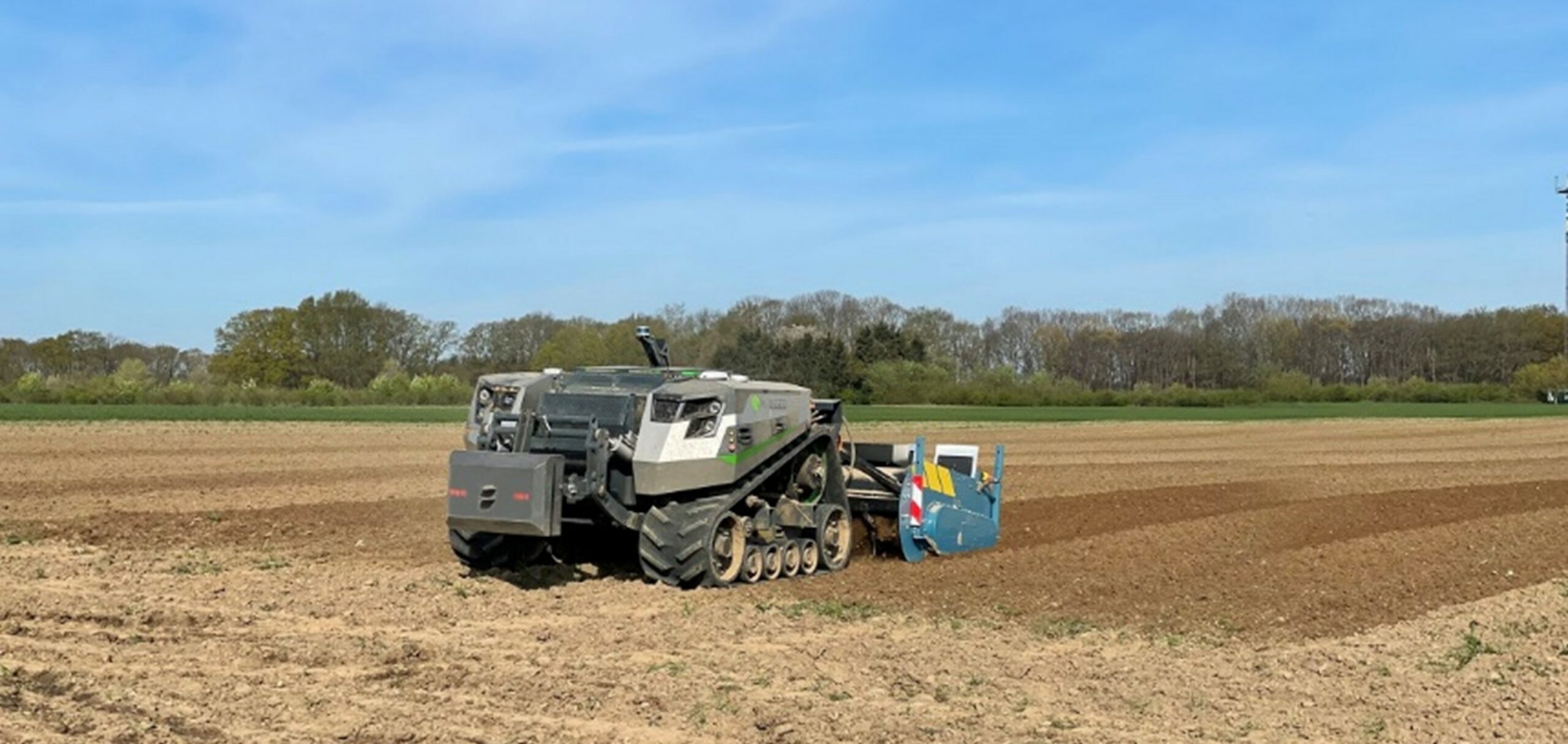
Storms
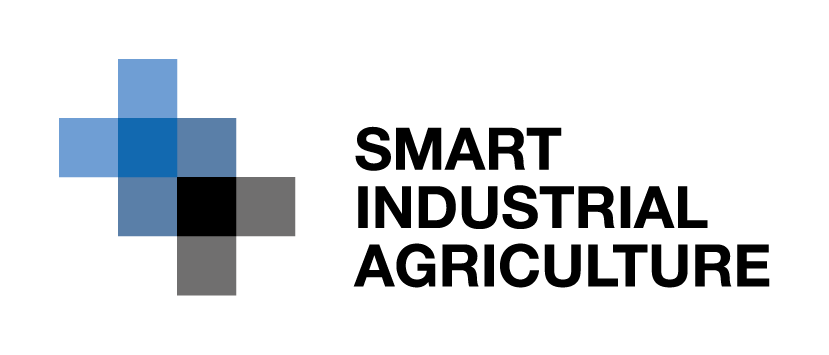
The center is expected to play a key role in shaping the future agricultural value chain as a one-stop shop in the agricultural market for Smart Agriculture (soil-based production) and Industrial Agriculture (soil-independent production).
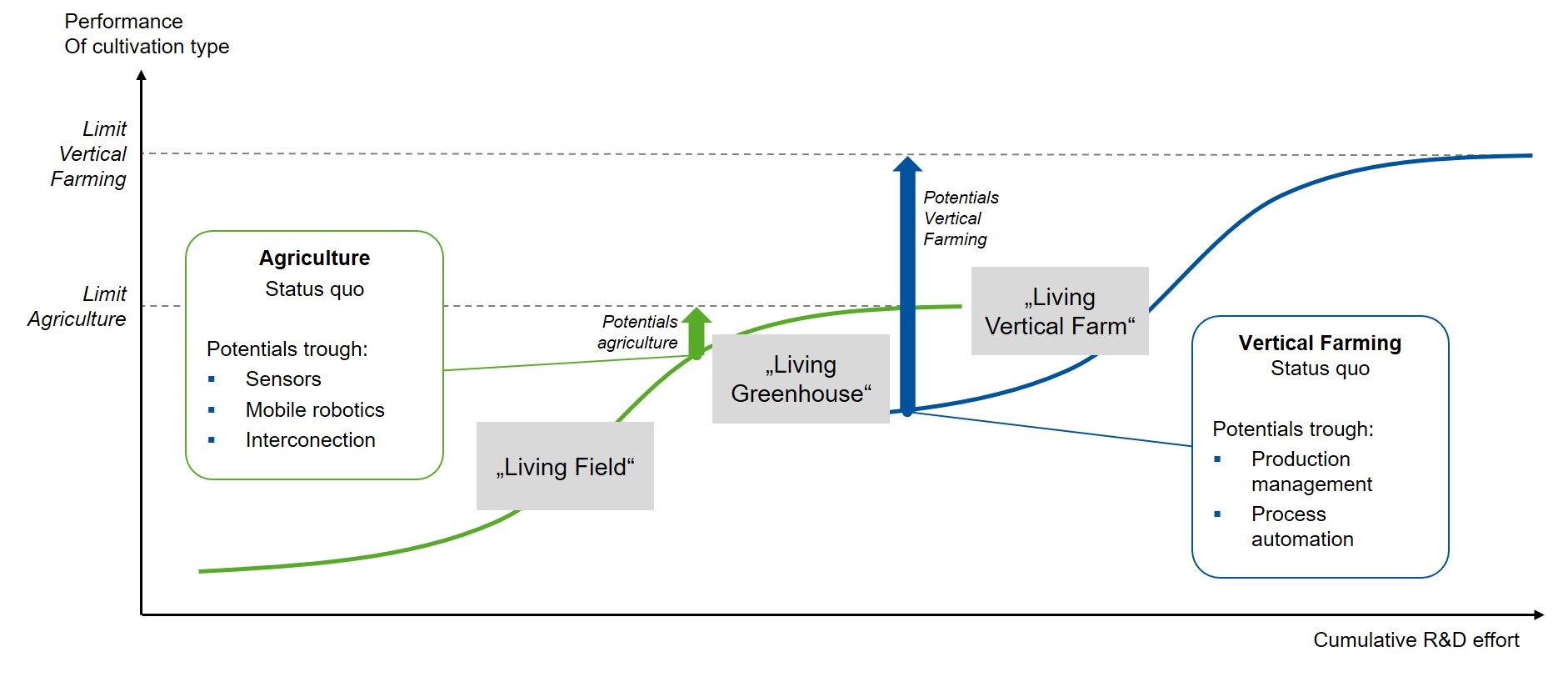
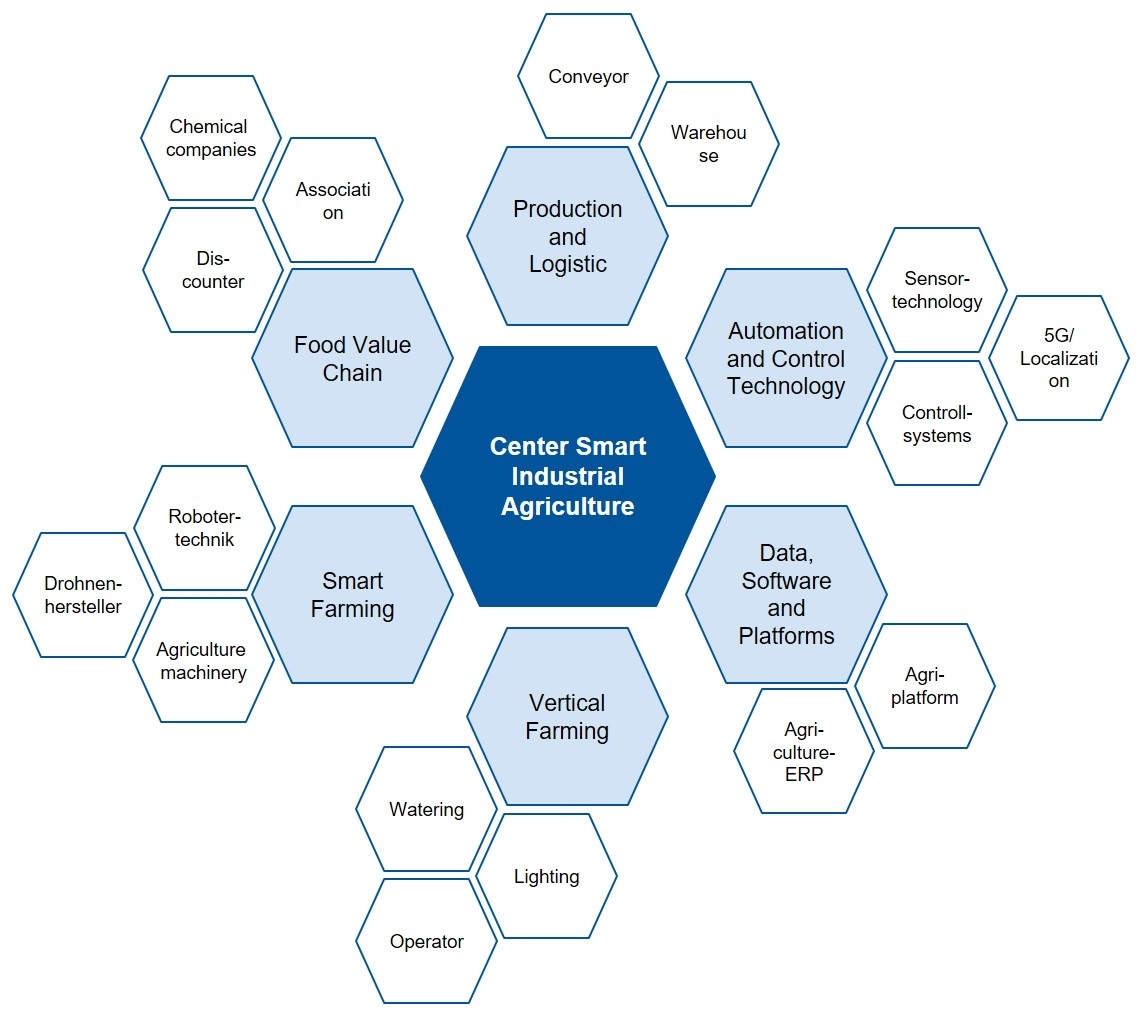
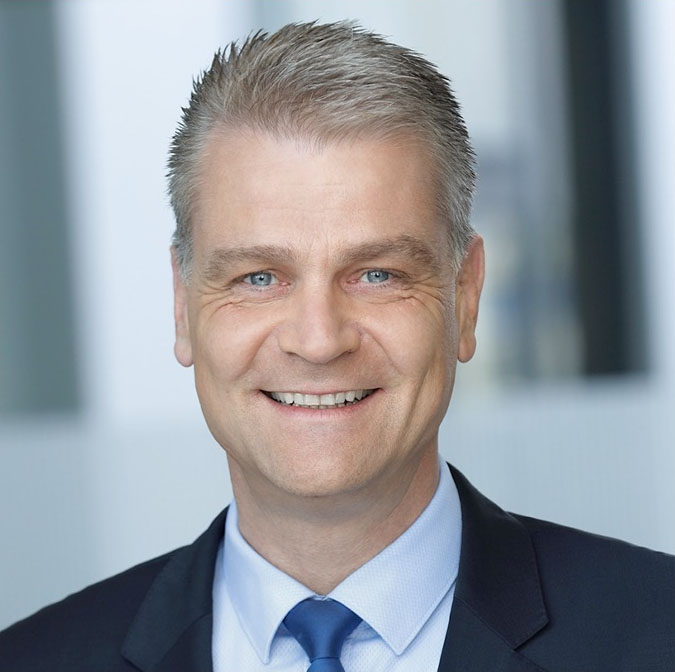
WZL
Prof. Brecher is Chair of the Laboratory for Machine Tools and Production Engineering (WZL) of RWTH Aachen University. Six research areas focus on machine technology, automation technology, machine data analysis, gear technology, precision machines, and fiber composite and laser system technology. Its objective is application-oriented research that takes into account the needs and requirements of manufacturers and users. Many years of research work in the field of control technology and automation lay the foundation for new approaches in agribusiness.
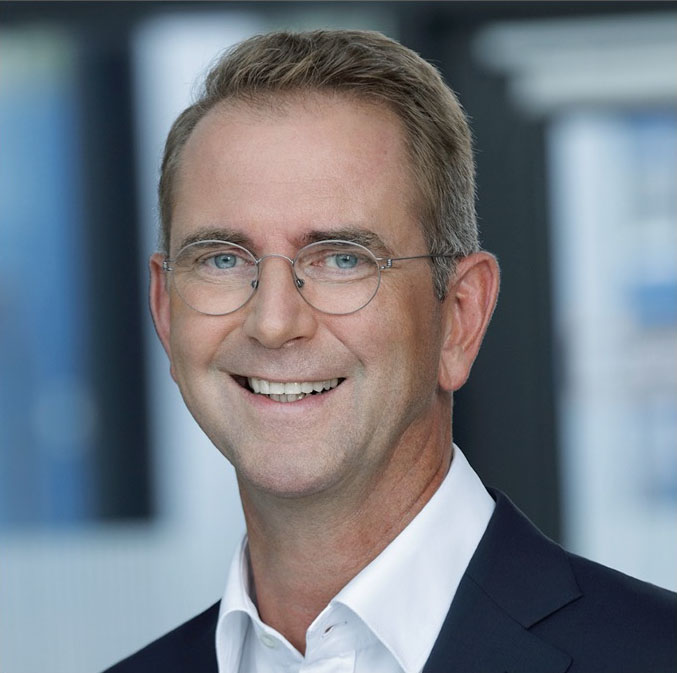
WZL
As Chair of Production Engineering, Prof. Schuh is a driving force behind the interconnection between academia and industry at the Laboratory for Machine Tools and Production Engineering (WZL) of RWTH Aachen University. In the Center Smart Industrial Agriculture, he represents competences around the topics of innovation management, production management and integrated product and process development. His main focus is on a holistic production system design for sustainable agriculture.
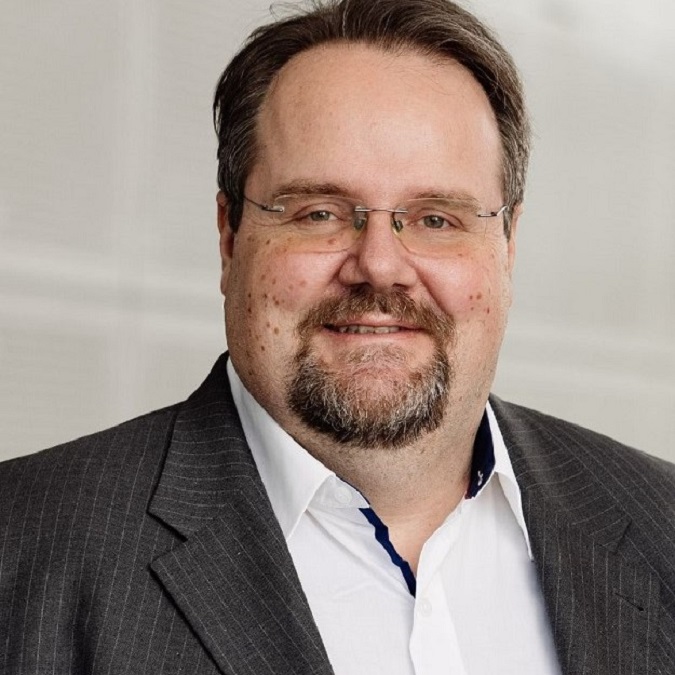
Biotech
Prof. Schwaneberg is Chair of Biotechnology at RWTH Aachen University. The scientific focus and expertise of his research group is protein design. The group combines methods of directed evolution with rational design approaches to identify fundamental design principles of proteins and improve their properties. Practical applications include release systems in the fields of crop protection and medicine (conjugated to micro gels), dealing with the microplastics issue, and (antimicrobial) coating of surfaces (as bi-functional fusion peptides).
Have we peaked your interest? We look forward to hearing from you without obligation and will be happy to explain the structure and benefits of the Center Smart Industrial Agriculture for your specific topic area.
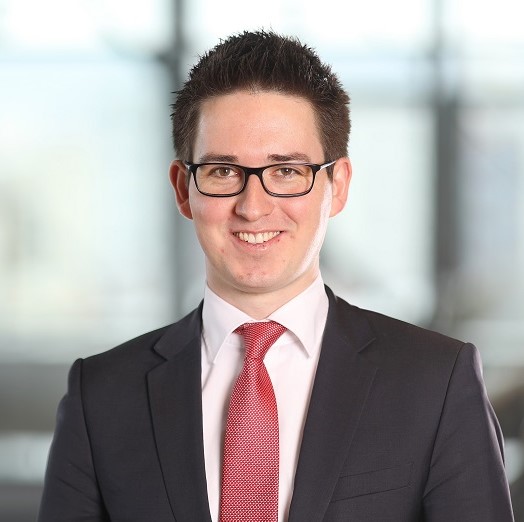
WZL
Phone: +49 151 550 59 207
E-mail: m.riesener@wzl.rwth-aachen.de
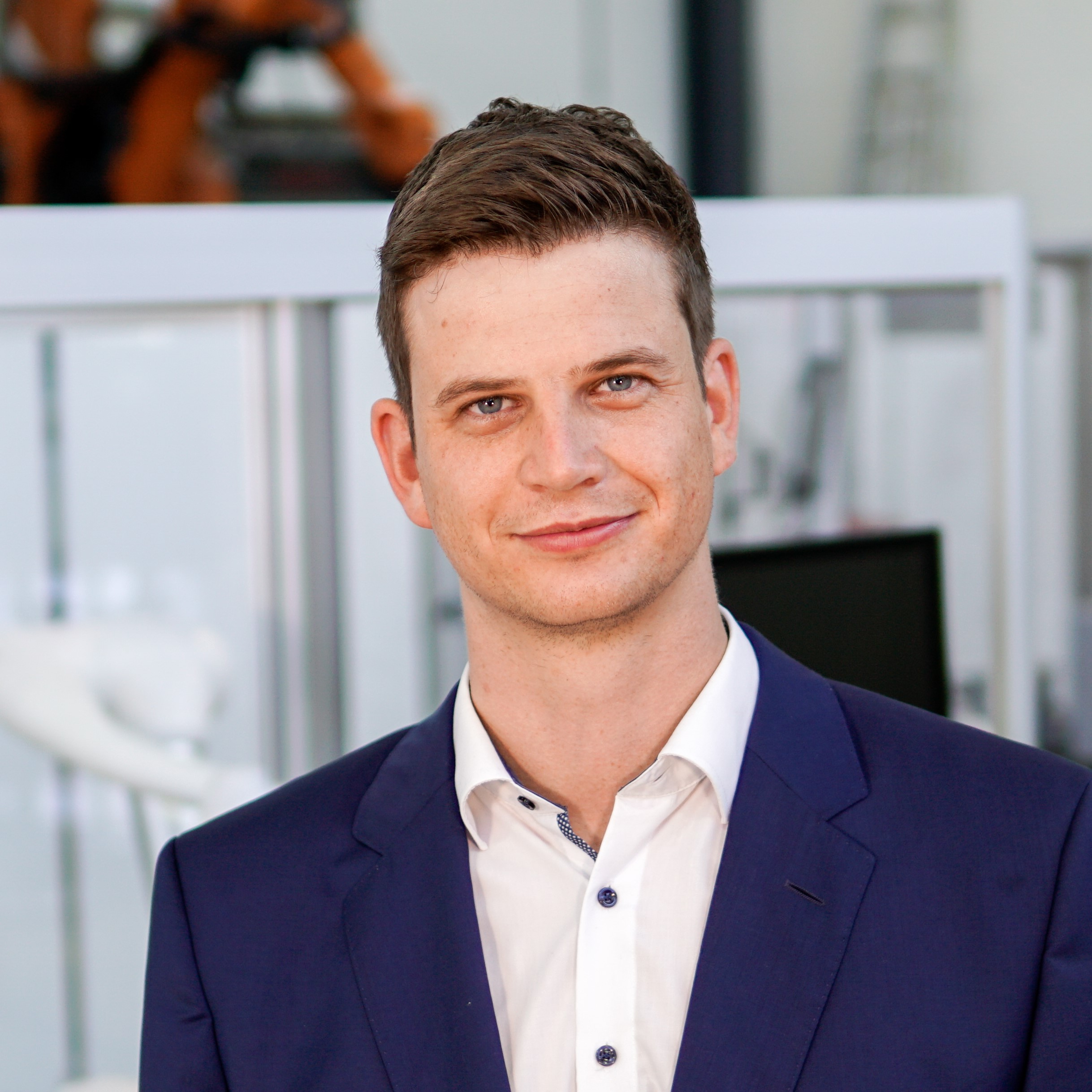
WZL
Phone: +49 174 6731418
E-mail: p.blanke@csia-campus.com